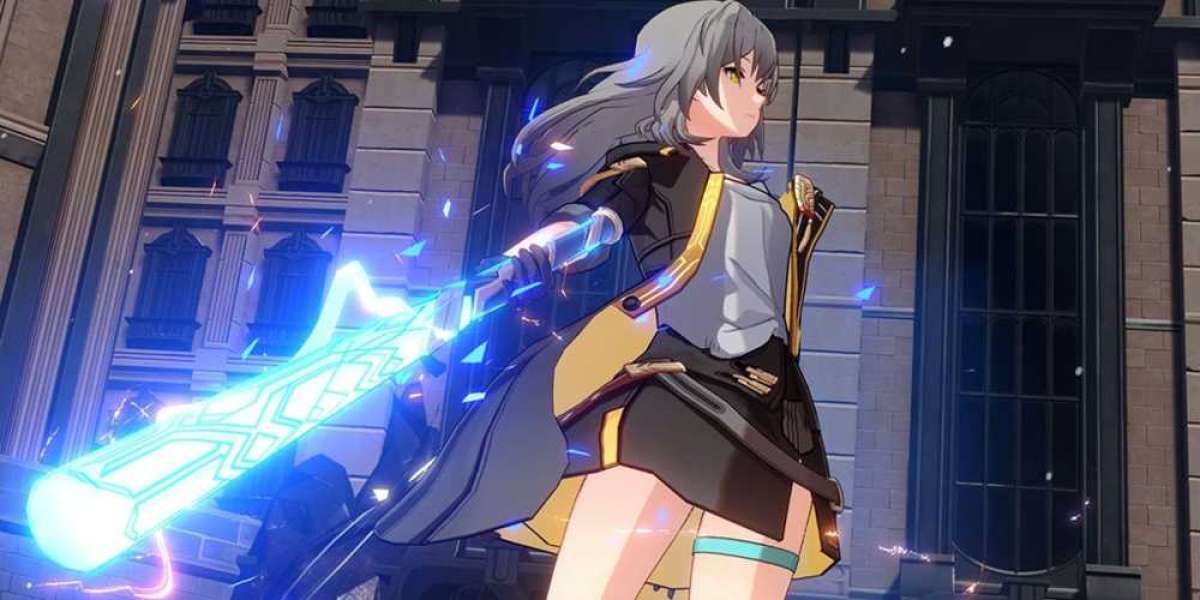Introduction:
April 4th, 1968 was a tragic day that would forever leave a deep mark on the history of the civil rights movement in the United States. The assassination of Martin Luther King Jr., a prominent leader in the movement, stunned the nation and prompted both mourning and widespread protests against racial inequality and violence. This event, which occurred in Memphis, Tennessee, not only devastated the African American community but also ignited a nationwide conversation about the unfinished fight for equality and justice.
Description:
On the fateful evening of April 4th, Martin Luther King Jr. took to the balcony of the Lorraine Motel, where he was staying, to speak with some of his colleagues. The atmosphere was filled with anticipation and excitement as Memphis was the backdrop for a major workers' rights campaign led by King, who had come to support the striking African American sanitation workers. However, little did anyone know that the evening would soon take a tragic turn.
As King conversed with his associates, a lone gunman named James Earl Ray positioned himself in a building across from the motel. With a high-powered rifle in hand, Ray waited for the perfect moment to put an end to one of the most influential figures in American history. At approximately 6:01 p.m., a single shot rang out, shattering the peaceful Memphis evening.
The bullet struck King in the face, causing him to collapse onto the balcony. Chaos engulfed the scene as frantic screams and panicked cries filled the air. King's colleagues quickly rushed to his side, desperately trying to comprehend the gravity of the situation. Despite their efforts, the renowned civil rights leader was pronounced dead at the nearby St. Joseph's Hospital, leaving the nation in shock and mourning.
Within hours, news of King's assassination spread like wildfire throughout the United States. Cities and towns erupted in anger, frustration, and overwhelming grief. African Americans, who had looked up to King as their beacon of hope, responded with a mixture of sadness, outrage, and a resolve to carry on his legacy. Peaceful protests transformed into violent clashes with law enforcement, as the nation grappled with the searing pain of losing a leader who had advocated non-violence throughout his campaign for civil rights.
In the aftermath of King's assassination, the fight for racial equality reached a turning point. The event awakened a deep sense of urgency in the hearts of Americans from all walks of life, regardless of race. The tragic loss served as a catalyst for major advancements in civil rights legislation, prompting initiatives such as the Fair Housing Act of 1968. The event also highlighted the desperate need for continued efforts to eradicate discrimination and injustice, inspiring a new generation of activists to step forward and carry the torch.
nike air jordan 4 mensConclusion:
adidas yeezy v2 ukThe assassination of Martin Luther King Jr. in April 1968 remains a defining moment in American history. This tragic event not only deeply impacted the African American community but also served as a wake-up call for the nation to confront the persistent struggles of racism and inequality. Dr. King's vision for a more inclusive and just society lives on, as his legacy continues to inspire generations to fight for equal rights and justice for all.
nike sb dunk low black yellow






